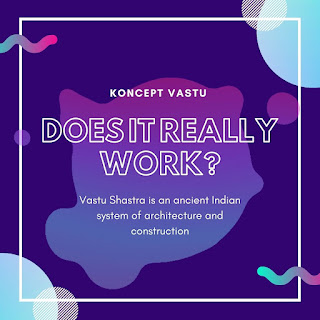The Science Behind Vastu: Why This Ancient Practice is Still Relevant Today

Vastu is an ancient practice that originates from India. The word "vastu" means "house" in Sanskrit, and the procedure is all about creating harmony in the home through certain principles. Though it may seem like a new-age fad, there is a lot of science behind vastu and why it is still relevant today. Vastu is an ancient practice that originates from India. Vastu is an ancient practice that originates from India. It's based on the belief that your home and workspace should align with the natural world. By following specific guidelines, you can create a space in harmony with your surroundings. It can improve health, peace of mind, and overall success. While some people are skeptical about vastu, many swear by its effectiveness. If you're curious about whether vastu works, read more about this ancient practice. The word "vastu" means "house" in Sanskrit, and the practice is all about creating harmony in the home through certain principles. ...
